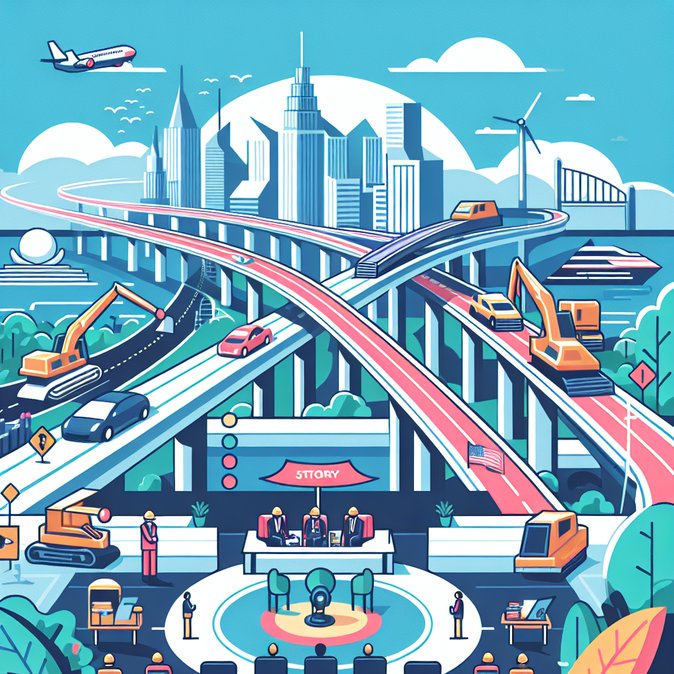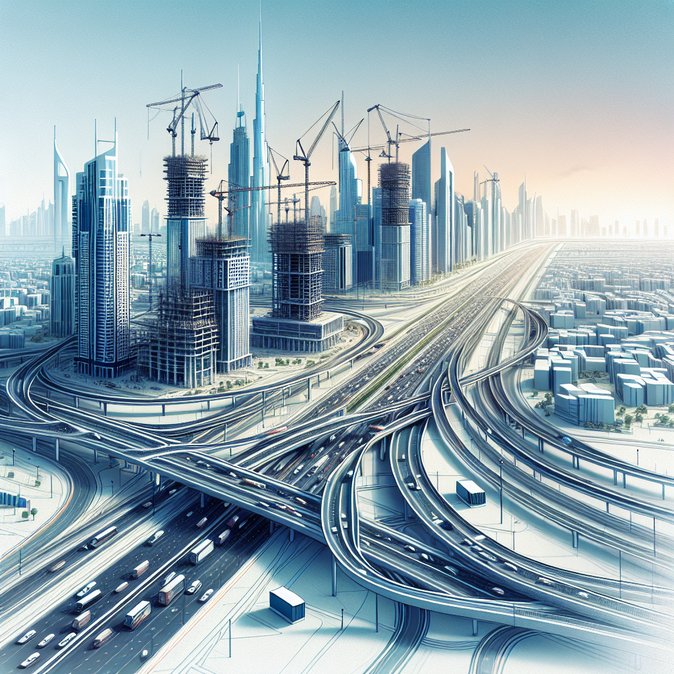
The final day of the UAE Government Annual Meetings in Abu Dhabi, concluded on 7 November 2025, produced a headline figure with huge mobility implications: an AED 170 billion (US $46 billion) package of national road and transport projects to be delivered by 2030. The initiative, announced by the Ministry of Energy & Infrastructure, targets chronic congestion corridors linking key economic zones and aims to shave at least 20 percent off average inter-emirate travel times.
While primarily a domestic infrastructure push, the programme matters for global mobility professionals. Faster road links between Dubai, Abu Dhabi and the Northern Emirates will cut ground-transfer times for arriving expatriates and visiting executives, complementing the UAE’s multi-airport strategy. Planned smart-highway features—dynamic toll pricing, EV-charging corridors and AI-driven traffic management—mirror international best practice and can be promoted to incoming assignees as part of the UAE’s quality-of-life offering.
![UAE Government Meetings Unveil AED 170 Billion Transport Plan to Ease Inter-City Mobility]()
The projects dovetail with Etihad Rail’s freight and passenger roll-out and the Dubai-Abu Dhabi Hyperloop feasibility study, signalling an integrated approach to multimodal mobility. Construction will create thousands of engineering and project-management roles, and the Human Resources Development Fund confirmed that specialised visas for infrastructure talent will be prioritised.
HR teams should factor temporary housing near project sites and coordinate with immigration consultants on expedited work permits once tender packages are awarded. Contractors have been promised dedicated ICP counters to process bulk visa requests.
The broader meetings also launched an AI Readiness Index and a national data platform—tools that could streamline future entry-exit procedures and inform open-borders policy debates.
While primarily a domestic infrastructure push, the programme matters for global mobility professionals. Faster road links between Dubai, Abu Dhabi and the Northern Emirates will cut ground-transfer times for arriving expatriates and visiting executives, complementing the UAE’s multi-airport strategy. Planned smart-highway features—dynamic toll pricing, EV-charging corridors and AI-driven traffic management—mirror international best practice and can be promoted to incoming assignees as part of the UAE’s quality-of-life offering.

The projects dovetail with Etihad Rail’s freight and passenger roll-out and the Dubai-Abu Dhabi Hyperloop feasibility study, signalling an integrated approach to multimodal mobility. Construction will create thousands of engineering and project-management roles, and the Human Resources Development Fund confirmed that specialised visas for infrastructure talent will be prioritised.
HR teams should factor temporary housing near project sites and coordinate with immigration consultants on expedited work permits once tender packages are awarded. Contractors have been promised dedicated ICP counters to process bulk visa requests.
The broader meetings also launched an AI Readiness Index and a national data platform—tools that could streamline future entry-exit procedures and inform open-borders policy debates.








